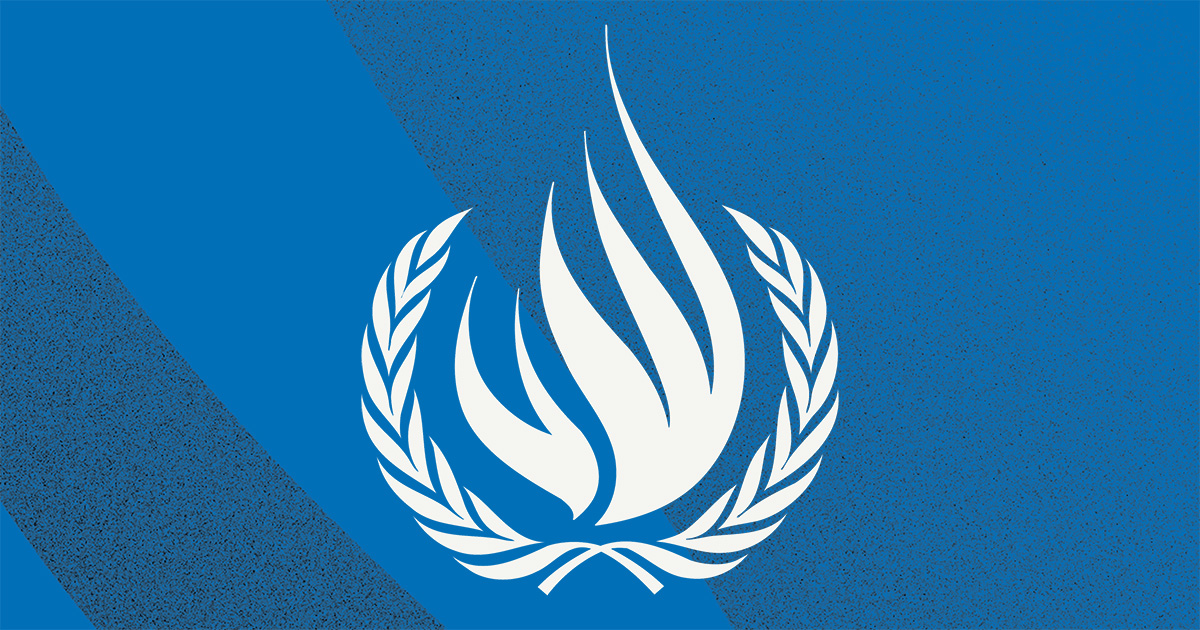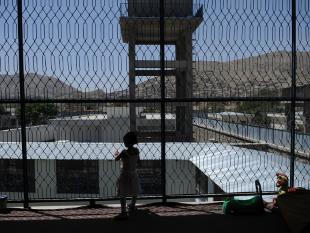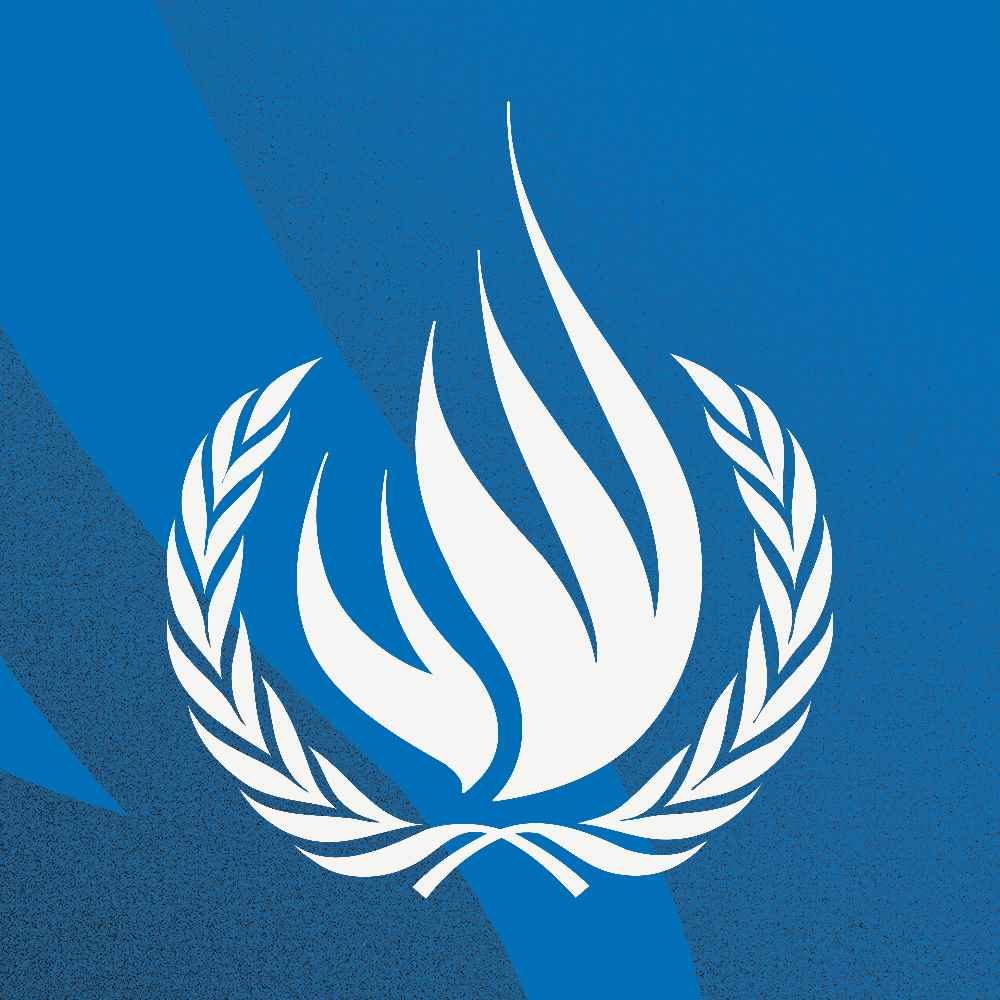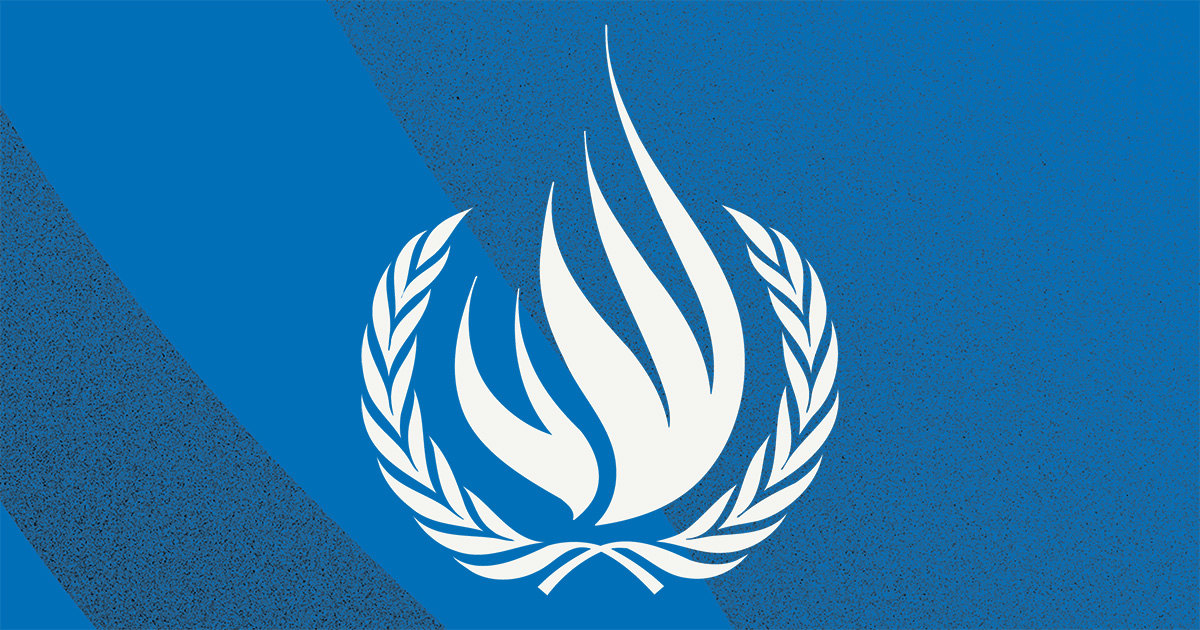
GENEVA (5 November 2021) — Bulgaria must ensure humane conditions for detained migrants, especially children, and that detention is carried out only when strictly necessary, UN rights experts have said at the end of their first official visit to the country.
“We are particularly concerned about child migrants held in detention. Some of them are unaccompanied by their parents, they are the most vulnerable group and live under very difficult conditions,” said Nora Sveaass, who headed the delegation from the UN Subcommittee on Prevention of Torture (SPT).
The SPT delegation carried out its visit to Bulgaria from 24 October to 30 October. The visit was aimed at advising on the functions of Bulgaria’s independent monitoring body, formally known as national preventive mechanism (NPM), as well as examining the condition of people deprived of their liberty in the country.
The delegation, together with the members of the Bulgarian NPM, visited the Special Home for the Temporary Accommodation of Foreigners, where people are held for identification or pending their deportation from the country.
“A high number of migrants and asylum seekers in Bulgaria are detained in special centers. We need to emphasize the importance of ensuring humane conditions, providing appropriate health care services and adequate legal assistance to detained migrants and asylum seekers. Detained migrants and asylum seekers should be promptly and fully informed of what is happening to them, which also requires access to interpreters,” Sveaass stressed.
The delegation also visited police stations, prisons and conducted confidential interviews with individual detainees and staff members. It also held meetings with Bulgarian authorities, members of the NPM, United Nations bodies, as well as civil society representatives.
“We were very pleased to have visited Bulgaria and to have engaged in a constructive dialogue with the authorities, who ensured our access to places of detention while complying with the existing COVID-19 restrictions. At the same time we worked closely with the national preventive mechanism, with whom we conducted joint visits,” said Sveaass.
“The prevention of torture and ill-treatment is effective when international monitoring entities, like the SPT, work hand in hand with national preventive bodies. In Bulgaria, the NPM has been doing a substantial amount of good work,” she added.
The SPT will submit its confidential report to the Government of Bulgaria, which will include observations and recommendations arising from the visit. The report will remain confidential unless the State party decides to make it public, which the Subcommittee encourages the authorities to do.
The delegation to Bulgaria was composed of Nora Sveaass, Head of Delegation (Norway), Vasiliki Artinopoulou (Greece), Marie Brasholt (Denmark), Jakub Czepek (Poland), Maria Luisa Romero (Panama), and Zdenka Perović (Montenegro).
ENDS










